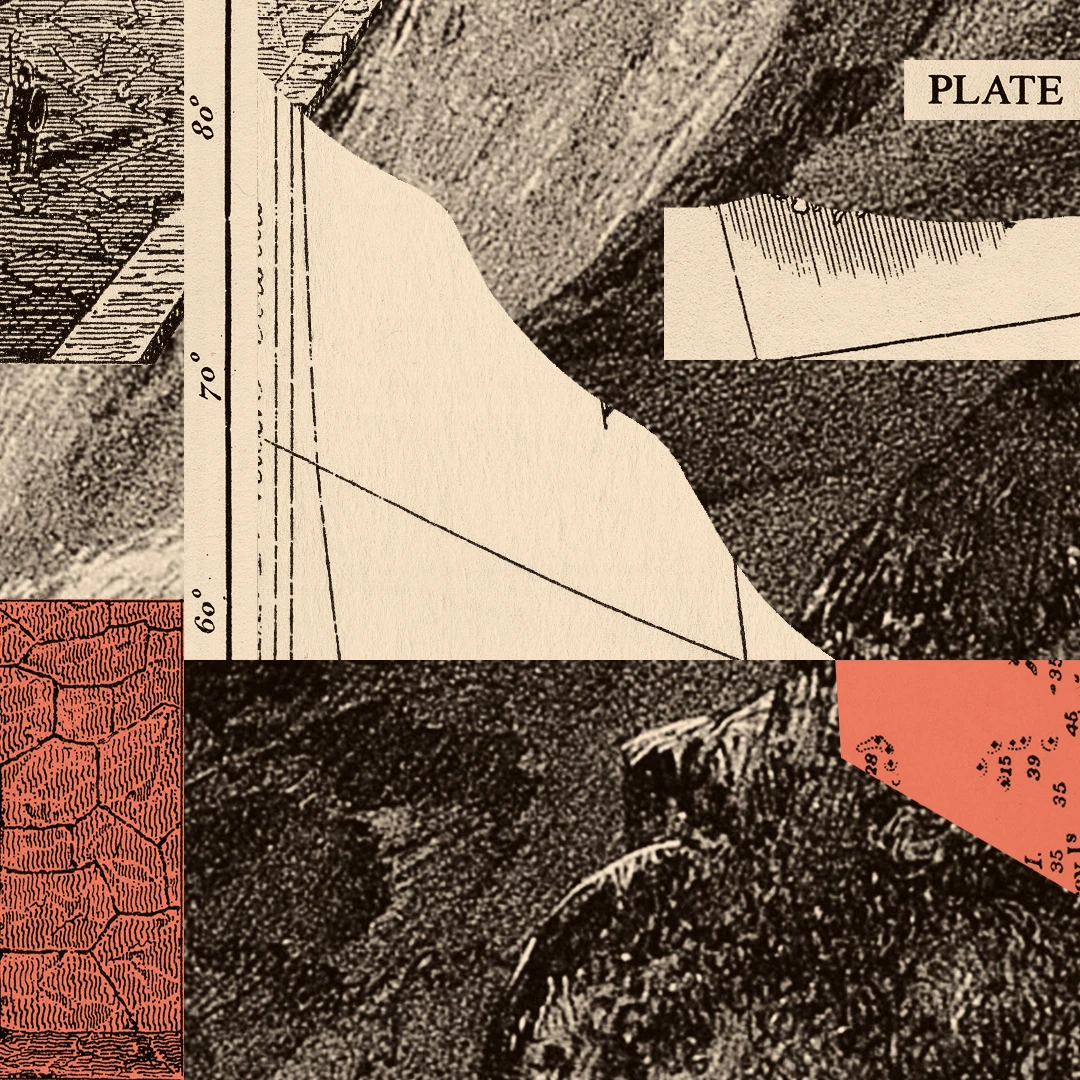The Heresies of Love

God is a unity of distinct persons. The one God is Father, Son, and Holy Spirit. So says the doctrine of the Trinity.
Some people believe in the unity and oneness of God, but deny that He consists in different persons. Heretics such as monarchists, modalists, and Arians take this position, as do followers of non-Christian religions, such as Unitarians and Muslims.
Others believe in the different persons but deny their unity in one God. This is the position of heretics such as the tritheists and followers of other non-Christian religions, such as Mormons and polytheists.
The church is a unity of distinct persons. The Bible describes how Christians are as different from each other as the organs in the body—ears, feet, eyes—yet together they all constitute a unity that is nothing less than the body of Christ (1 Cor. 12).
In a society more socially stratified and ethnically divided than our own, the congregations of Christians described in the New Testament included separatist Jews, sophisticated Greek intellectuals, Roman politicians, wealthy women, and poverty-stricken slaves. Christ’s disciples themselves were a collection of strong and dissimilar personalities: headstrong and impulsive Peter; the skeptical Thomas; the thunderous James and John; the worldly tax-collector Matthew; the political zealot Simon. Yet the apostle Paul — one of the most complex personalities ever recorded — uses language that anticipates that of Chalcedon to describe their unity not only with Christ but with each other: “We, though many, are one body in Christ, and individually members one of another” (Rom. 12:5).
The Unitarian heresy applied to church would be the demand for unity that squelches all personal differences. This would include the forced conformity of cults and the coerced obedience insisted upon by megalomaniacal preachers. It also includes the social homogenization favored by many church growth experts, which results in congregations consisting only of people of the same age or demographic profile: young people, white suburbanites, or postmodernists.
The polytheistic heresy applied to church would be the “me and God” mindset that sees the individual, personal relationship to God as all that is necessary, with little need for gathering together with other Christians into a corporate body. It also includes congregations with no unifying teaching or confession, allowing all members to believe whatever they want.
Love is a unity of distinct persons. When the Bible says, “God is love” (1 John 4), it proves the doctrine of the Trinity. C.S. Lewis’ friend Charles Williams applied Trinitarian theology to human love. A relationship between two people in which one person dominates the other, to the point of erasing the other’s individuality, is a heresy of love. This Unitarian approach to love is really a form of self-love, with no true regard for the other person in the relationship. The polytheistic approach to love would be when the two people go their own ways, existing in their own separate spheres, with little to unite them.
Family is a unity of distinct persons. Parents engender separate human beings. But parents and children are unified by blood, history, and love. Conflicts, trauma, and rebellion come from violating the Trinitarian balance that both respects the distinct persons and cultivates the family unity.
Under the Unitarian heresy of family, some families are so self-contained, so authoritarian, and so stifling that they resemble little cults. More common today is the polytheistic heresy of family, in which fathers spend less than fifteen minutes a day with their children, which children spend more time with their peers than with their parents, with no time left for the unity that comes from sitting down together at the same table for a family meal.
The nation is a unity of distinct persons. At least the ordered liberty of a well-governed state follows this Trinitarian pattern. The Unitarian heresy of the state results in totalitarianism, in which the government controls every facet of its citizen’s lives, enforcing a collective unity while stamping out every freedom. The polytheistic heresy in the state manifests itself in anarchy, in which everyone acts without regard to law, the social order, or the common good.
Reformation theology teaches that the triune God established three orders—three estates or communities—for human life on earth: the church, the family, and the state. Through these institutions, God provides for human life on earth. They are the arenas for vocation, as God calls Christians in all of these orders to live out their faith in love and service to their neighbors. Little wonder, then, that the church, the family, and the state reflect both God’s character and His very being.
Sin, though, has disrupted them all. Thus we are all heretics by nature and in each of the orders. But the second person of the Trinity has become man and by His sacrifice has redeemed us and all that is human.
Repairing our heresies that have damaged our love, marriages, parenthood, and citizenship will demand His intervention. Becoming orthodox will mean living out our faith in our vocations and bearing the cross in our own acts of loving self-sacrifice.


